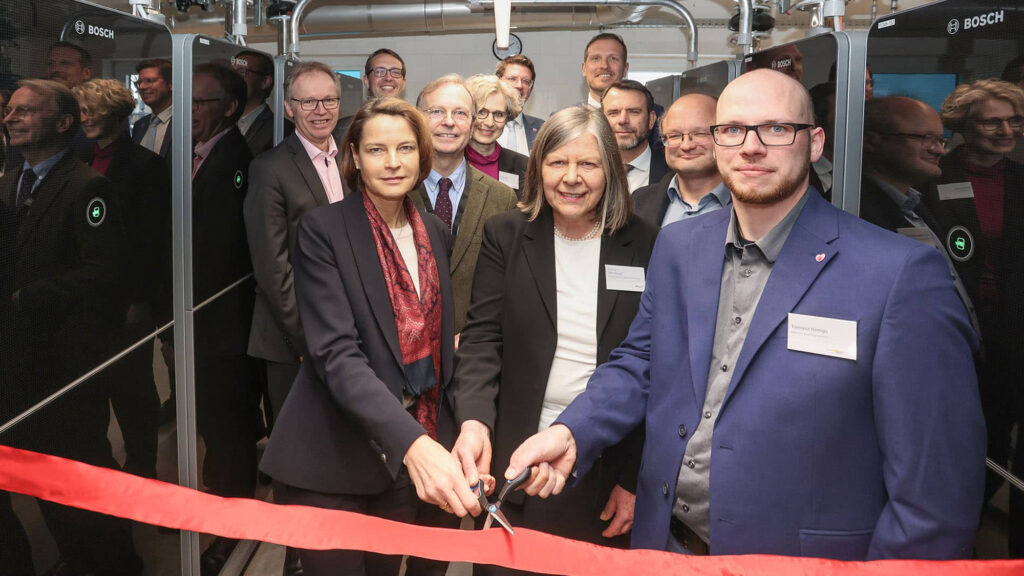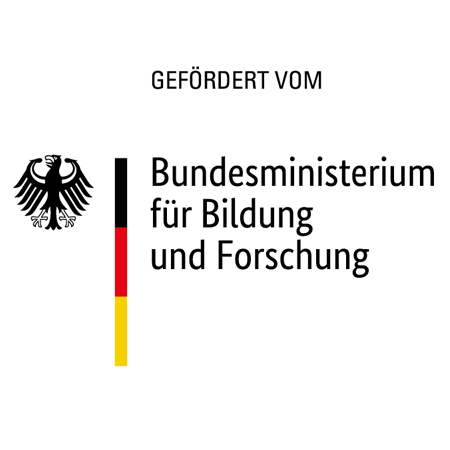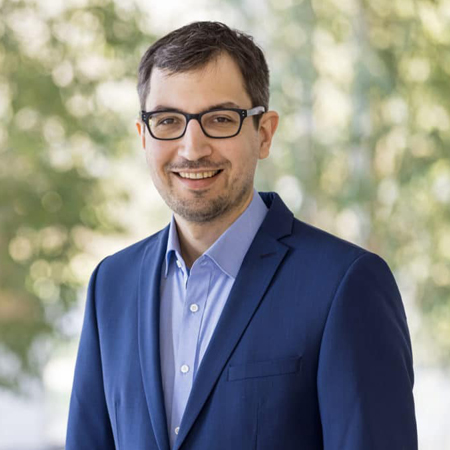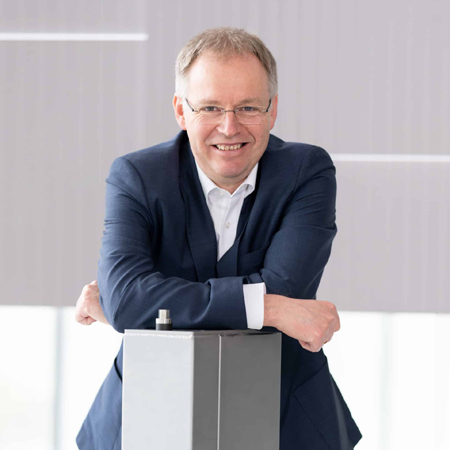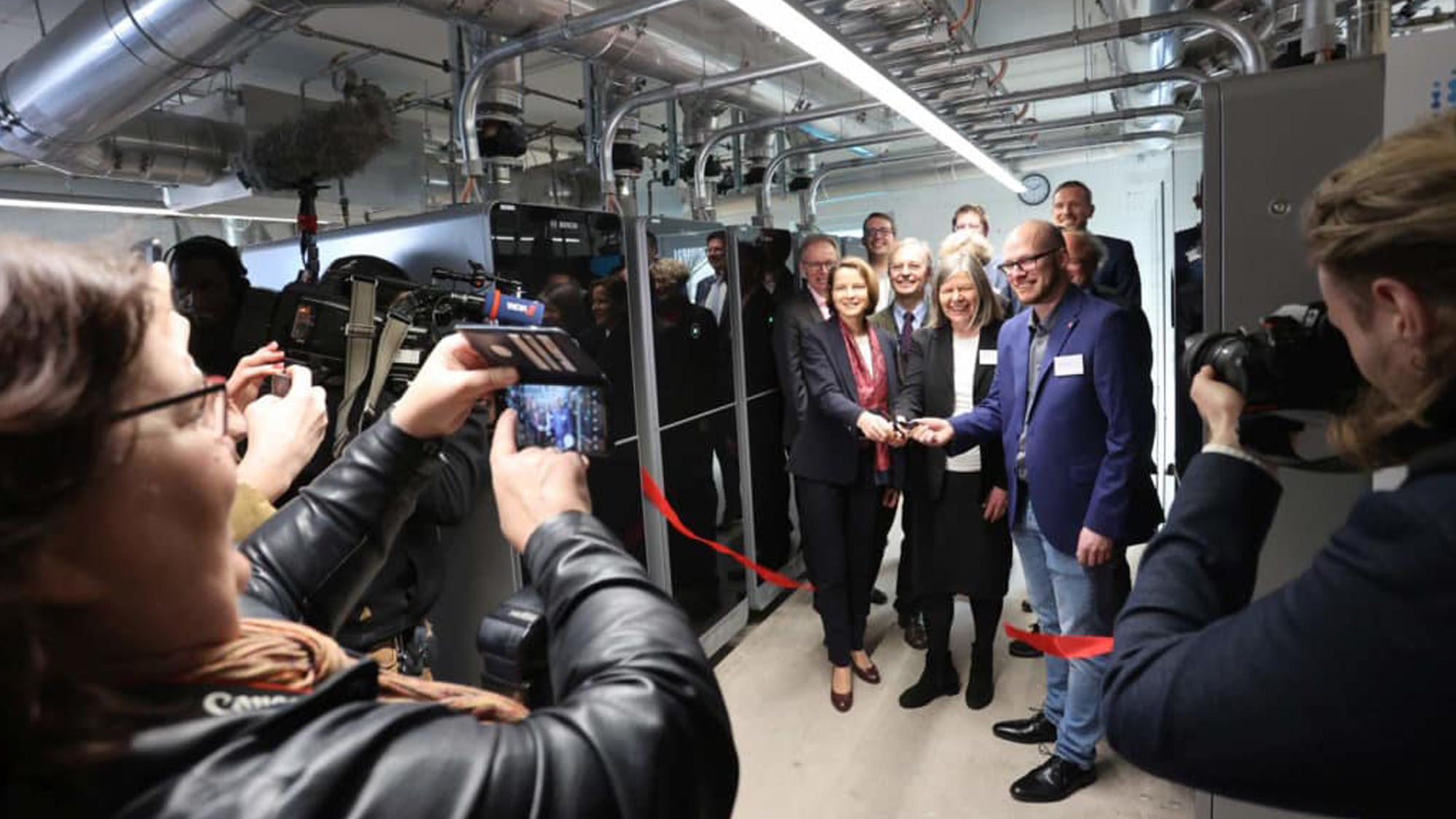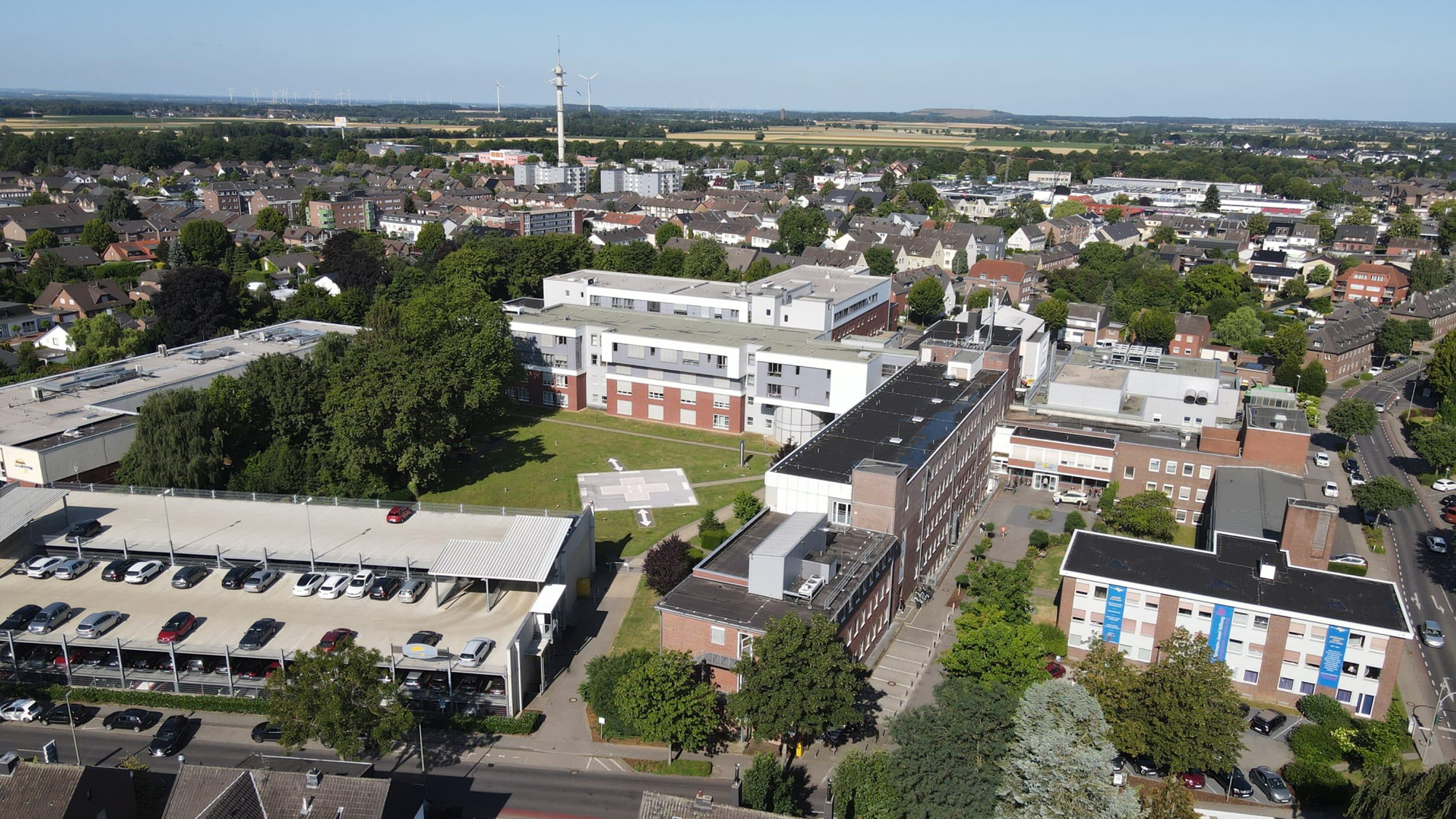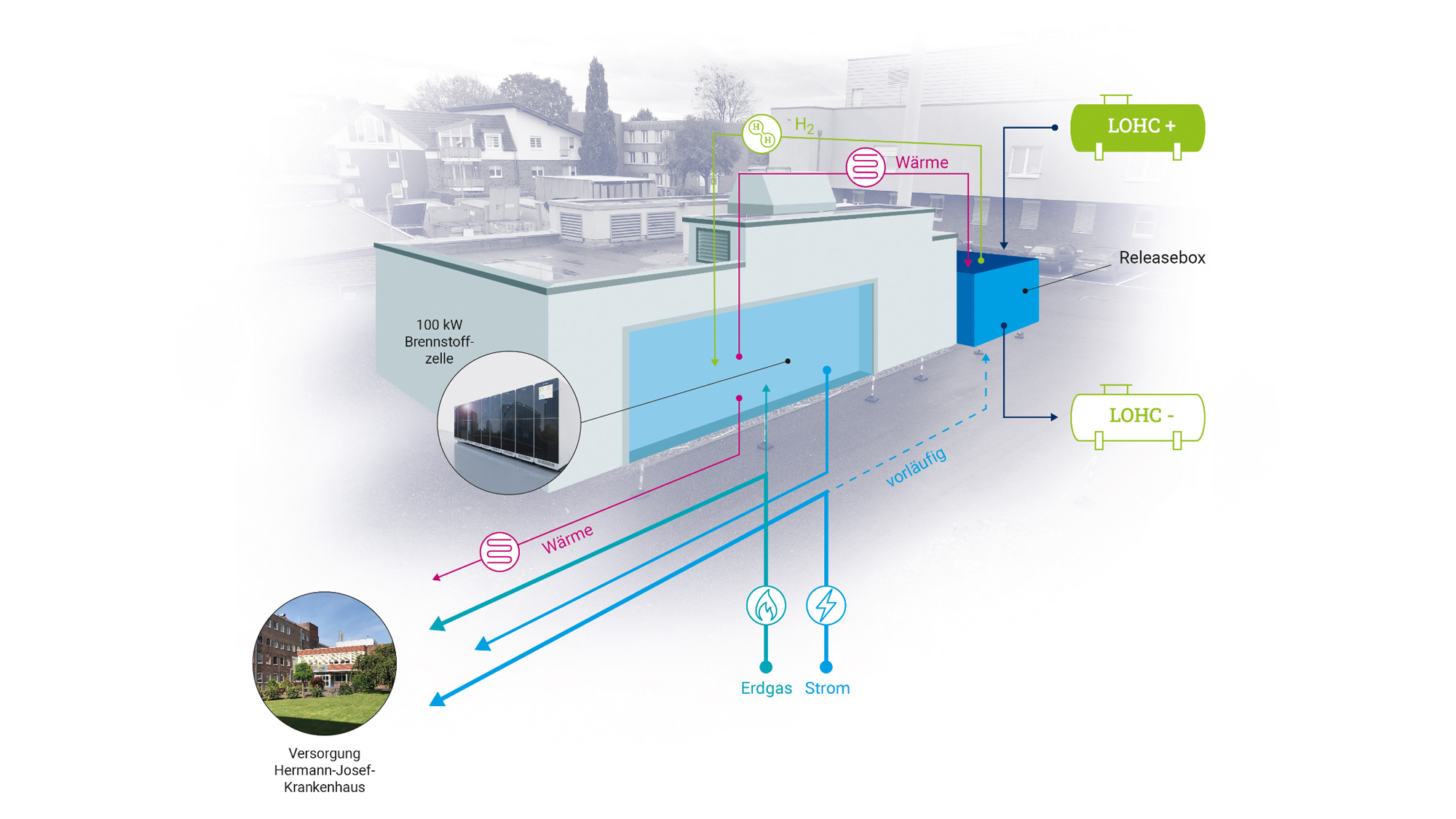The future of climate-friendly energy supply at Hermann-Josef-Krankenhaus (HJK) Erkelenz in Germany has begun. On Wednesday, 6 March 2024, the project partners put the decentralized fuel cell system from Robert Bosch GmbH into operation during a ceremony. The ten fuel cell units are the first stage in the Multi-SOFC Erkelenz demonstration project. The project is coordinated by the Helmholtz Hydrogen Cluster (HC-H2), whose core is the Institute for Sustainable Hydrogen Economy at Forschungszentrum Jülich.
By next year, the SOFC fuel cell system will be combined with LOHC technology from Hydrogenious LOHC Technologies GmbH. The project partners will then supply the HJK with a first of its kind combination of hydrogen technologies. The hospital in Erkelenz is predestined for such a system because it has a constantly high energy requirement.
Demonstration until 2026
A more climate-friendly energy supply is the goal that the partners want to demonstrate by the end of 2026. This will create a flagship project in Erkelenz that can develop far-reaching appeal. The German Federal Ministry of Education and Research (BMBF) is funding the Multi-SOFC Erkelenz demonstration project with 23.6 million euros
“The Multi-SOFC project clearly demonstrates the enormous potential of new hydrogen technologies and shows in concrete terms how innovations are driving the energy transition in the Rhenish mining area and worldwide. The special feature here is the combination of two technologies that are gradually being utilised in the demonstrator plant. The aim is to show that even large building complexes can be adequately supplied with hydrogen technologies. In future, the project could serve as a global model when it comes to supplying large consumers and reducing CO2 emissions. That is why we, as the Federal Ministry of Research, are funding the project with around 23.6 million euros from the Coal Regions Structural Strengthening Act.”
Bettina Stark-Watzinger, Federal Minister of Education and Research © Bundesregierung
SOFC
Fuel cells are reactors that are used to generate electricity from hydrogen. The abbreviation SOFC stands for Solid Oxide Fuel Cell. SOFC systems operate at a high temperature level of 500 to 700 degrees, so that heat can be utilised in addition to the electricity generated. The fuel cell system installed by Robert Bosch GmbH can generate electricity and heat from natural gas as well as hydrogen.
LOHC
LOHC stands for Liquid Organic Hydrogen Carrier. At the HJK in Erkelenz, a flame-retardant thermal oil called benzyltoluene is used as LOHC. Like diesel, this can be transported and stored at ambient temperature and without pressure and is therefore very safe. With the Hydrogenious process, hydrogen can be bound to the thermal oil in a chemical process and released again as required.
HC-H2
The Helmholtz Hydrogen Cluster (HC-H2) coordinates hydrogen projects in the Rhenish mining area, which are intended to serve as a blueprint for climate-friendly energy technologies of the future.
The core of HC-H2 is formed by the Institute for Sustainable Hydrogen Economy at Forschungszentrum Jülich.The second goal of HC-H2 is to build up innovative and sustainable economic power in Europe’s largest open-cast mining region as a counterweight to the phase-out of lignite-fired power generation by 2030.
Demonstrating the synergy of two technologies
Robert Bosch GmbH, Hydrogenious LOHC NRW GmbH, Hermann-Josef-Krankenhaus Erkelenz and the Helmholtz Hydrogen Cluster want to demonstrate that the novel combination of the two hydrogen technologies can cover 20 percent of the Erkelenz hospital’s electricity and heat requirements. This is a relevant order of magnitude that allows the technology to be scaled up for larger requirements and other applications, for example in industry and commerce.
“We are convinced that the technologies shown in our Multi-SOFC demonstration project can attract a great deal of interest. During the project, we are continuously optimizing the new system and will have a data set at the end that the project partners can use as a basis for scaling the combined system for industrial applications.”
Dr.-Ing. Michael Alders, Senior project engineer at HC-H2.
First phase has begun
The first phase of the project has now started with the commissioning of the ten SOFC units. Bosch’s technology is in the pre-industrialization phase and market entry is currently being prepared. The SOFC system will initially be fuelled with natural gas. The project partners are already expecting a significantly improved carbon footprint compared to the conventional power supply of the HJK from a combined heat and power plant. This is because the fuel cell system saves up to 40 percent of CO2 emissions when running on natural gas. The reason for this is the higher electrical efficiency. In natural gas operation, the Bosch fuel cell system generates an electrical efficiency of up to 60 percent. In comparison, the combined heat and power plant only achieves around 36 percent.
This year, the project partners are beginning to mix hydrogen into the natural gas, gradually increasing its proportion. The hydrogen will initially be supplied under pressure in gas cylinders. The increasing proportion of hydrogen will further reduce CO2 emissions at the HJK. The proportion in the gas mixture increases over time to up to 20 percent. This provides insights for a possible later development of a supply based exclusively on hydrogen.
Comparable to a returnable bottle system
The “Liquid Organic Hydrogen Carrier” (LOHC) technology will replace gas cylinders in 2025. By then, Hydrogenious LOHC NRW GmbH will have installed its infrastructure necessary for the process at the HJK. The system makes it possible to deliver hydrogen bound to LOHC in a conventional tank truck at ambient conditions in Erkelenz. To release the hydrogen from the LOHC, energy in the form of heat is needed. The partners want to show that it is possible to use the surplus heat for the process, which is generated by the SOFC system when converting the gas mixture into electricity.
Once the hydrogen has been released, the discharged carrier material flows into a second underground tank. It can then be transported back to a hydrogen generator and recharged with hydrogen – similar to the returnable bottle principle.
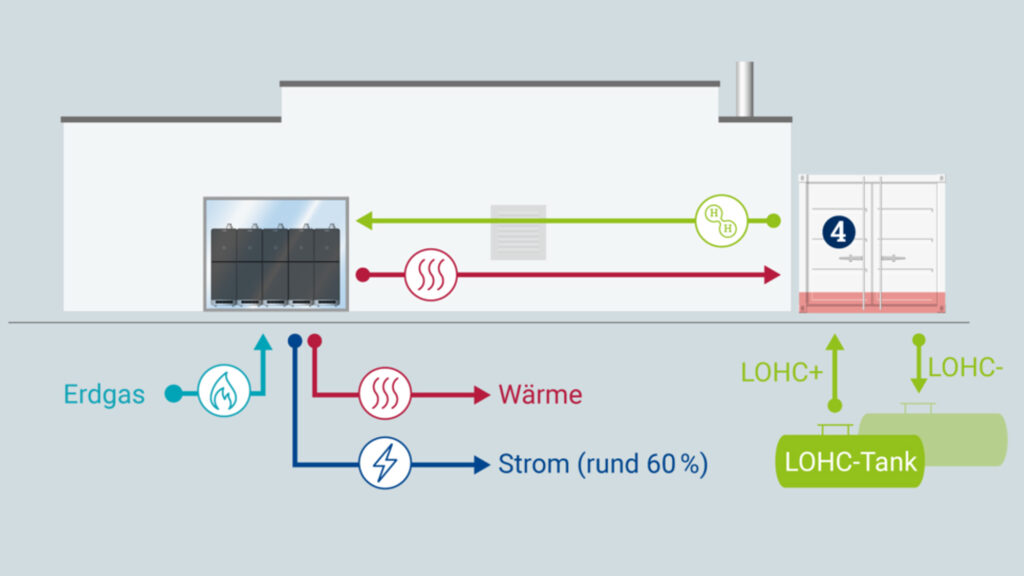
Graphic: Research Centre Jülich/Reisen
The newly installed technology does not replace the hospital’s tried and tested supply. The HJK continues to use a combined heat and power unit and a gas engine as a fall-back option, which can also supply the building alone if required.
Anyone interested in finding out more about the Multi-SOFC project can send an e-mail to info.hch2@fz-juelich.de.
“The electricity and heat supply of today and tomorrow must be climate-friendly, efficient and safe. Our SOFC system supplies the HJK with electricity and heat while producing less CO2 than previous systems. In this way, we create security of supply and make a contribution to climate protection. The multi-SOFC project offers the opportunity to utilise our technology in a hospital infrastructure for the first time and later to demonstrate the benefits of the interaction with a LOHC system.”
Dr. Wilfried Kölscheid, Senior Vice President Robert Bosch GmbH and responsible for the stationary solid oxide fuel cell program. © Robert Bosch GmbH
“Our hospital is one of the largest employers in the Heinsberg district. The energy requirement at Hermann-Josef Hospital is roughly equivalent to that of 400 households. We are facing up to the responsibility that arises from our consumption and our role as an employer by helping to demonstrate climate-friendly, reliable and economically viable concepts for the energy supply of tomorrow. We are delighted that we are becoming a place where pioneering technology becomes visible.”
Jann Habbinga, Administrative Director of the Hermann-Josef Hospital in Erkelen. © HJK
“For us, the collaboration with Bosch as part of the Multi-SOFC project at HJK Erkelenz is not only a contribution to a sustainable energy supply in the region, but also an impressive demonstration of synergies that can be achieved by combining innovative technologies. The LOHC technology allows the comparatively simple and safe transportation and storage of hydrogen, even in the vicinity of critical urban infrastructures such as a hospital. Its use in conjunction with Bosch’s SOFC technology represents a promising blueprint that can be scaled up further in the future.”
Dr. Andreas Lehmann, Chief Strategy Officer (CSO) at Hydrogenious LOHC. © Hydrogenious LOHC Technologies
Project partners
The copyright for the images used on this website is held by Forschungszentrum Jülich, aligator kommunikation GmbH and
stock.adobe.com.
